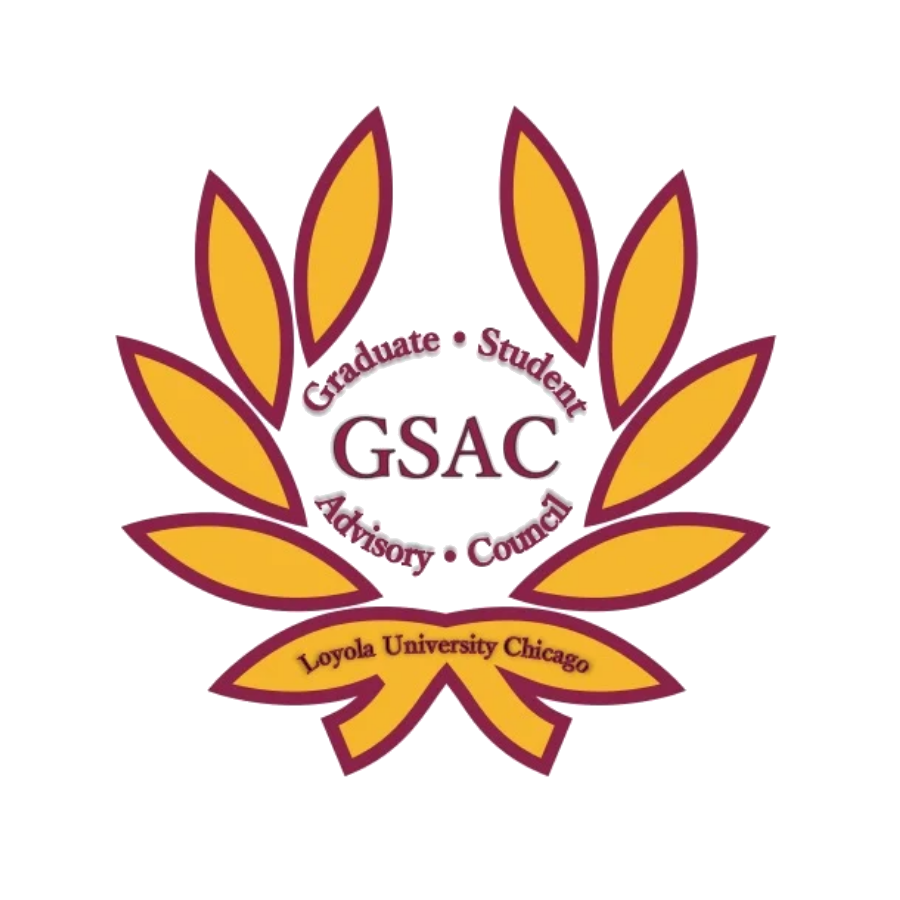Loading...
Submission Type
Oral/Paper Presentation
Degree Type
PhD
Discipline
Social Sciences
Department
Psychology
Access Type
Open Access
Abstract or Description
Confronting perpetrators of racism can reduce biased behavior and attitudes (Czopp, Monteith, & Mark, 2006), yet people might hesitate to confront because they fear backlash such as being disliked (Swim & Hyers, 1999). Backlash is more likely when the confrontation is assertive versus polite (Czopp et al., 2006). Research has yet to determine whether backlash depends on the social bond the confronter shares with the perpetrator. Two studies tested whether feeling an affiliative motivation (i.e., social bond; Echterhoff, Higgins, & Levine, 2009; Study 1) or an existing friendship (Study 2) with the confronter can mitigate backlash, especially when the confrontation is assertive. White undergraduates (168: Study 1; 264: Study 2) participated while believing a (confederate [Study 1] or friend/stranger [Study 2]) partner watched their performance in another room. Study 1 participants either experienced an affiliative motivation manipulation mirroring a social bond or not, while Study 2 participants arrived with a friend or stranger. All participants completed a task that elicited racist responses. The confederate (Study 1) or friend/stranger (Study 2) ostensibly confronted the participant assertively or politely for racism. Participants then answered five items rating their liking for the confronter. Results indicated that feeling an affiliative motivation (Study 1) and an existing friendship (Study 2) increased liking for the confronter when the racial confrontation was assertive but had no effect when it was delivered politely. Overall, this research suggests that White confronters of racial bias can harness the power of social bonds with perpetrators to challenge racism while mitigating backlash.
Creative Commons License

This work is licensed under a Creative Commons Attribution-Noncommercial-No Derivative Works 3.0 License.
Confront racial bias while mitigating backlash: Harness the power of social bonds
Confronting perpetrators of racism can reduce biased behavior and attitudes (Czopp, Monteith, & Mark, 2006), yet people might hesitate to confront because they fear backlash such as being disliked (Swim & Hyers, 1999). Backlash is more likely when the confrontation is assertive versus polite (Czopp et al., 2006). Research has yet to determine whether backlash depends on the social bond the confronter shares with the perpetrator. Two studies tested whether feeling an affiliative motivation (i.e., social bond; Echterhoff, Higgins, & Levine, 2009; Study 1) or an existing friendship (Study 2) with the confronter can mitigate backlash, especially when the confrontation is assertive. White undergraduates (168: Study 1; 264: Study 2) participated while believing a (confederate [Study 1] or friend/stranger [Study 2]) partner watched their performance in another room. Study 1 participants either experienced an affiliative motivation manipulation mirroring a social bond or not, while Study 2 participants arrived with a friend or stranger. All participants completed a task that elicited racist responses. The confederate (Study 1) or friend/stranger (Study 2) ostensibly confronted the participant assertively or politely for racism. Participants then answered five items rating their liking for the confronter. Results indicated that feeling an affiliative motivation (Study 1) and an existing friendship (Study 2) increased liking for the confronter when the racial confrontation was assertive but had no effect when it was delivered politely. Overall, this research suggests that White confronters of racial bias can harness the power of social bonds with perpetrators to challenge racism while mitigating backlash.



